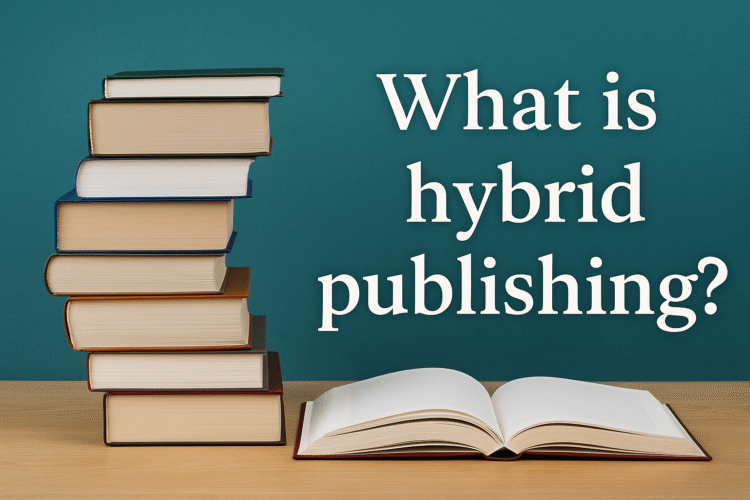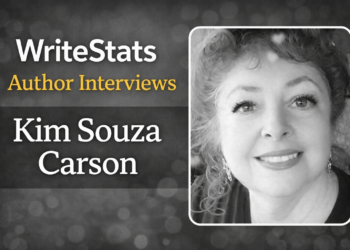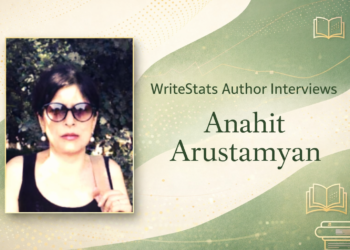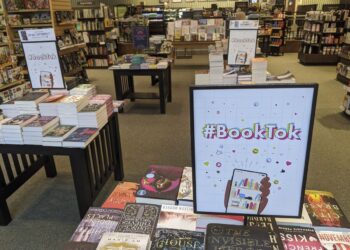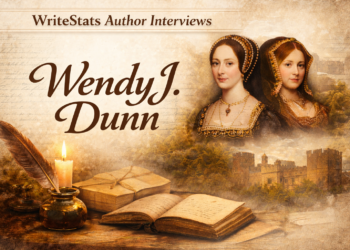What Is Hybrid Publishing?
- Traditional publishing: The publisher pays all costs and controls most decisions. Authors receive smaller royalties.
- Self-publishing: The author pays for everything, controls everything, and earns higher royalties, but lacks trade distribution and support.
- Hybrid publishing: The author pays some of the costs but keeps more control and earns more money from sales, while benefiting from the publisher’s expertise, imprint, and distribution channels.
Why Hybrid Publishing Exists
- Waiting years for a traditional deal that might never come, or
- Shouldering every cost and responsibility as a self-publisher.
Who Should Consider Hybrid Publishing?
- Entrepreneurs & thought leaders: A book boosts authority, attracts clients, and supports speaking engagements. Hybrid publishing ensures professional quality and distribution.
- Memoir writers & niche authors: Traditional publishers often reject niche projects. Hybrid publishers can give these books a chance with proper editing and marketing.
- Fiction authors building a career: Hybrids enable faster release schedules and creative control, while still gaining access to bookstores.
- Authors who value speed: Hybrid publishers often release books within 6 to 12 months, compared to the 2–3 years for traditional publishing.
Success Stories in Hybrid Publishing
- She Writes Press (SWP): This hybrid press has produced award-winning books and, in 2019, was named Independent Publisher of the Year. SWP authors frequently receive professional reviews in Publishers Weekly and Library Journal.
- Greenleaf Book Group: Known for its business focus, Greenleaf has helped entrepreneurs like Ryan Holiday and Tim Ferriss build bestselling brands through books. Its distribution has placed titles in major bookstores and airports.
- Page Two: Based in Canada, Page Two specializes in nonfiction and has helped authors land on bestseller lists, secure TED talks, and expand their global reach.
How Hybrid Publishing Works (Step by Step)
1. Manuscript Submission: Unlike vanity presses, legitimate hybrids vet manuscripts. They don’t accept everyone.
2. Contract & Investment: You agree to cover specific publishing services. The contract clearly outlines royalties, distribution, and rights.
3. Editorial Process: Professional editing (developmental, copyediting, proofreading) ensures your manuscript is polished.
4. Design & Production: Covers, interiors, and formats are designed to trade standards. ISBNs are registered under the publisher’s imprint.
5. Distribution: Books are made available through wholesalers like Ingram, and if the publisher has sales reps, your book gets pitched to bookstores.
6. Marketing & Publicity: Some hybrids offer marketing support, but you’ll also need to promote your book actively.
7. Royalties: Authors typically earn 50%+ of net revenue, far higher than traditional deals.
Benefits of Hybrid Publishing
- Professional quality: Books are indistinguishable from traditionally published titles.
- Faster timelines: 6–12 months compared to years.
- Higher royalties: Often 50–70% of net sales.
- Credibility: Books released under a publisher’s imprint, not “self-published.”
- Distribution: Access to bookstores, libraries, and online retailers.
Drawbacks and Considerations
- Upfront costs: Authors invest several thousand to tens of thousands of dollars.
- Marketing responsibility: You’ll still need to promote your own book.
- Quality isn’t guaranteed: Some so-called hybrids are simply vanity presses in disguise.
The key takeaway is to do your homework and research thoroughly before choosing a hybrid publisher.
The Cost of Hybrid Publishing
Pro tip: If a publisher avoids giving you clear numbers or pressures you into expensive add-ons, walk away.
How to Spot a Legitimate Hybrid Publisher
- Vet submissions and only accept quality work.
- Publish under its own imprint.
- Provide professional editing, design, and metadata.
- Offer real distribution through wholesalers and sales teams.
- Be transparent about contracts, rights, and royalties.
Red Flags to Avoid
- Guaranteed bestsellers or “we’ll make you famous” promises.
- Vague contracts with no royalty details.
- Mandatory bulk purchase of your own books.
- “Available everywhere online” without sales reps pitching to stores.
- One-size-fits-all packages with no customization.
The Best Hybrid Publishers (Worth Researching)
- She Writes Press / SparkPress: Award-winning, selective, and respected in the industry.
- Greenleaf Book Group: Offers both publishing and distribution; strong track record with business books.
- Page Two: Focused on nonfiction with global distribution.
- Amplify Publishing Group: Specializes in thought-leadership and nonfiction.
- Girl Friday Books: Works with Ingram’s Two Rivers for bookstore distribution.
Practical Tips for Authors Considering Hybrid Publishing
- Clarify your goals: Do you want credibility, speed, or broad distribution?
- Check distribution: Ask which distributor they use and how bookstore sales reps pitch titles.
- Ask for proof: Request case studies, success stories, or author references.
- Read the contract carefully: Pay attention to royalties, rights reversion, and deliverables.
- Plan your marketing: Even with hybrid publishers, your personal marketing will be key to success.
Final Thoughts: Is Hybrid Publishing Right for You?
The right publishing partner could help transform your manuscript into a book that leaves a lasting mark!
At WriteStats, we break down key publishing trends and share practical insights to guide authors through emerging options, like hybrid publishing.


